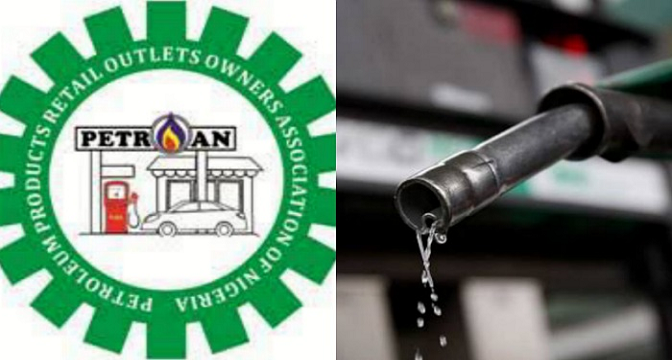In order to prevent a nationwide closure, the Petroleum Products Retail Outlet Owners Association of Nigeria said that it has started discussions with the Nigerian government regarding the payment of N100 billion in bridging claims owed to petroleum products marketers.
Billy Gillis-Harry, PETROAN’s president, revealed this in a statement on Wednesday.
His remarks followed a seven-day ultimatum from the Independent Petroleum Marketers Association of Nigeria to the government on the Nigerian Midstream and Downstream Petroleum Regulatory Authority’s inability to settle its N100 billion bridging claim.
PETROAN, however, stated in an update that it has stepped in to guarantee a prompt settlement of the debt.
It emphasized that a sector shutdown would have disastrous effects on the Nigerian people, including fuel shortages, economic upheaval, and misery.
The Petroleum Products Retail Outlet Owners Association of Nigeria (PETROAN), which has intervened to help with the outstanding payment of bridging claims, has advised its members to encourage communication with the Nigerian Midstream and Downstream Petroleum Regulatory Authority (NMDPRA) rather than closing their businesses.
“PETROAN recognizes its members’ annoyance and worries about the N100 billion in unpaid bridging claims.
But according to the group, a shutdown would have disastrous effects on the Nigerian people, including a shortage of fuel, economic instability, and misery.
“Under my direction, PETROAN is still dedicated to using communication, collaboration, and creative problem-solving to further the stability and expansion of the downstream petroleum industry.
Abubakar highlighted the ongoing security issues in the Gulf of Guinea in addition to the dangers faced by extremist organizations on land. He pointed out that there are still major risks to regional stability from marine crimes like piracy and illegal oil bunkering.
He promoted more international collaboration in marine security initiatives and ongoing aerial observation as solutions to these problems.
In order to improve operational effectiveness, the CAS reiterated the significance of enhancing military doctrines and implementing cutting-edge technology capabilities.
In order to combat traditional and non-traditional security challenges in Nigeria and the surrounding area, he advocated for greater intelligence sharing and strategic alliances.

